
- Article
- Article
The birth of the public museum
The first public museums evolved from wealthy collectors’ cabinets of curiosities and were quickly recognised as useful vehicles for culture.

- Article
- Article
Does mass media pave the way to fascism?
In the aftermath of World War II, psychoanalysts found the psychological roots of authoritarianism closer to home than was comfortable.
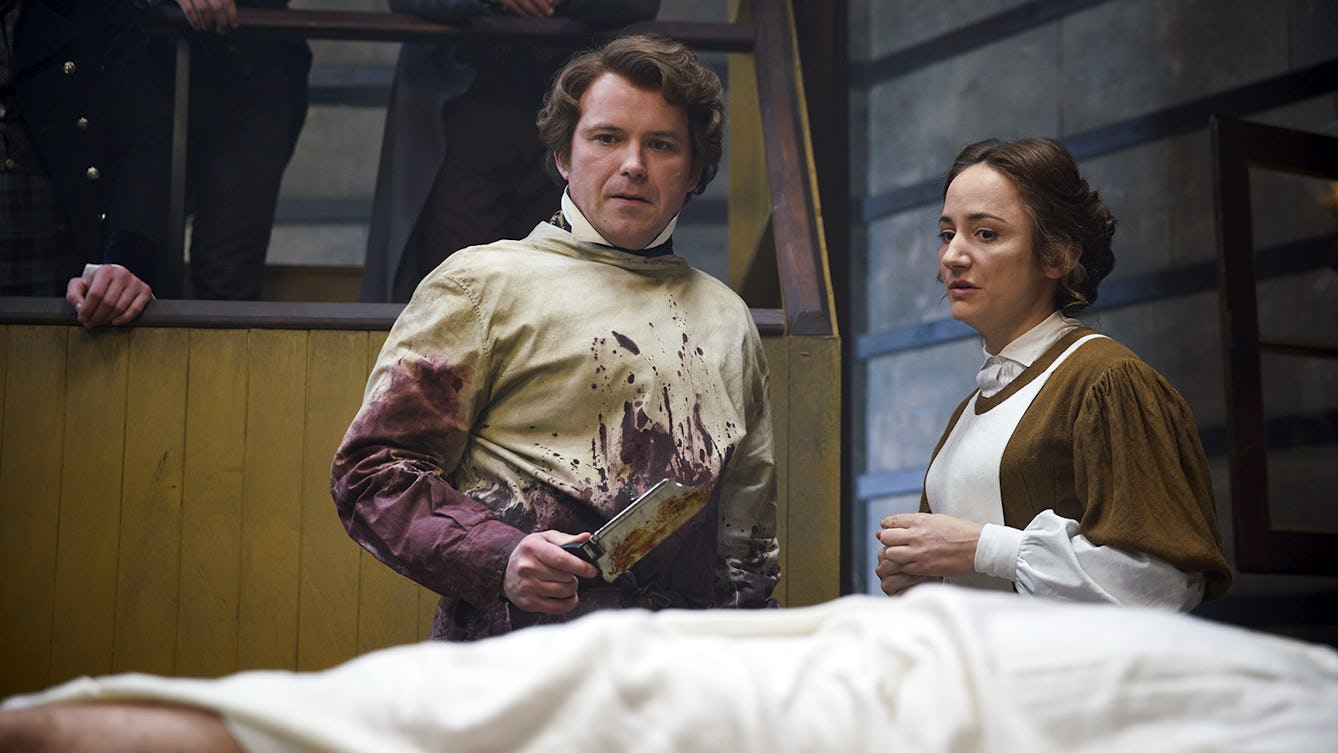
- Article
- Article
The making of ‘Quacks’
How do you create a medical comedy that’s authentic and laugh-out-loud funny?

- Article
- Article
The father of handwashing
Doctors performing autopsies and then delivering babies – with not a hint of soap in between – was the grim recipe producing a lot of motherless offspring in the 1800s. But one man’s gargantuan efforts to upend accepted medical thinking turned the tide.
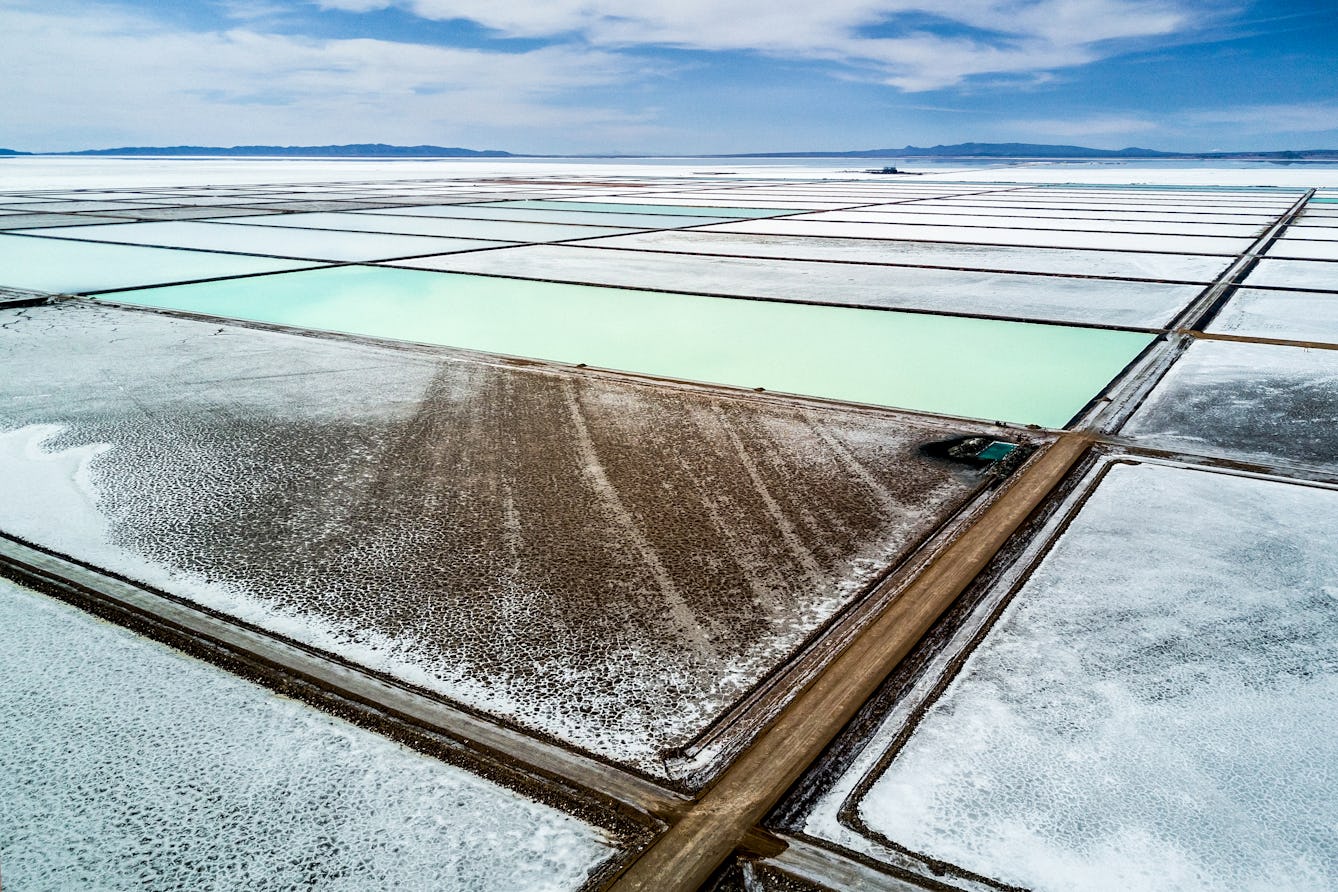
- Article
- Article
Finding out where my lithium comes from
The origins of the lithium Laura Grace Simpkins swallows daily are unclear. If we don’t know the provenance of our pills, how can we make informed decisions about them?

- Article
- Article
Defying deafness through music
Did you know that Beethoven’s profession meant he was ashamed to admit to being deaf? Find out how similar prejudices persist today and how our writer is helping to break them down.

- Article
- Article
Coleridge’s hypochondria
An intense focus on his own bodily sensations led poet Samuel Taylor Coleridge to self-medicate with narcotics. But this fascination also put Coleridge ahead of the medical sensibilities of his day.

- Article
- Article
How to play with drunk people
Lower your inhibitions and join Holly Gramazio for fast-paced games made even more fun by alcohol.

- Article
- Article
When wounds replace words
For the many thousands of refugees waiting in Greece, the process to establish the truth of their tragic personal histories is often extremely upsetting. But a group of medics and legal workers is working together to make the system more humane.
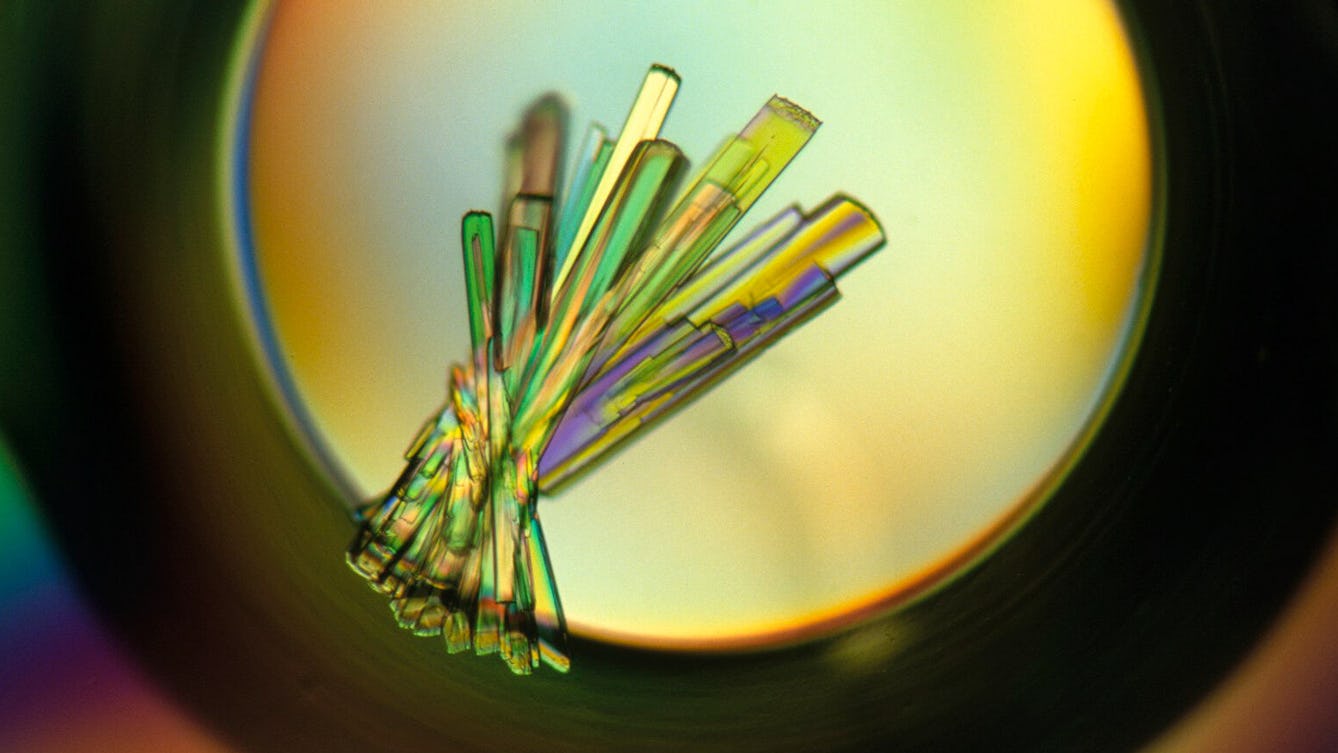
- Article
- Article
Why gene editing can never eliminate disability
In a world where DNA testing and gene editing offer ways to eliminate certain disabilities, Jaipreet Virdi explores a more accepting and inclusive approach.

- Article
- Article
Can isolation lead to manipulation?
Military-funded researchers wanted to know if isolation techniques could facilitate brainwashing. One neuroscientist suggested that it might improve our own control over our minds.
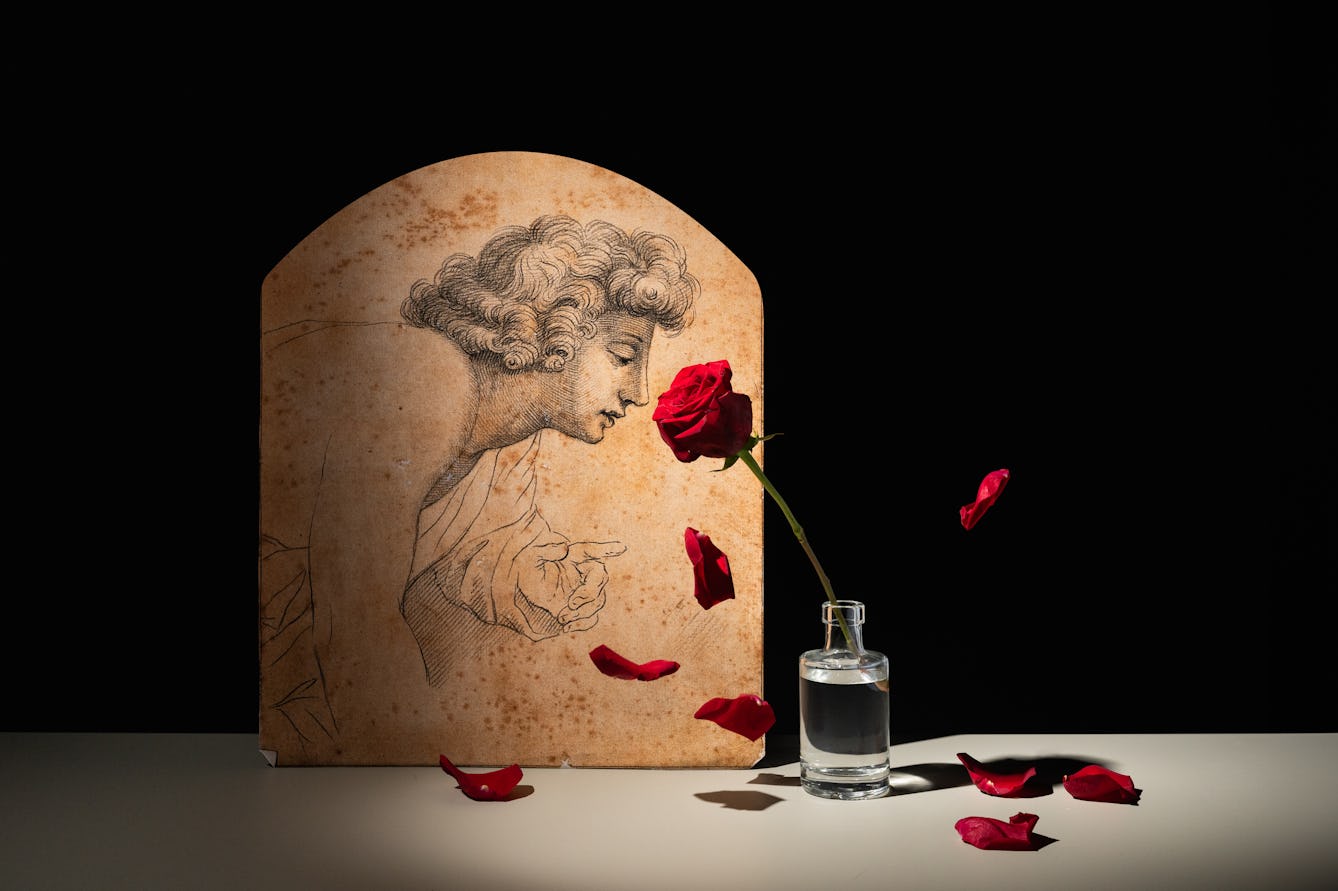
- Article
- Article
What the nose doesn’t know
Losing her sense of smell for over a year motivated Stephanie Howard-Smith to sniff out the history of treatments for this unsettling condition.

- Article
- Article
Disability in the post-pandemic world
Disabled people have suffered more than most during Covid-19, but there is still a chance to build a kinder society. Dolly Sen explores whether we will come together, or allow more brutal disparities to develop in the worsening recession.

- Article
- Article
Why pandemic denial is nothing new
Could today’s Covid-deniers be taking lessons from history? After all, it’s nearly 200 years since frustrations at a cholera-induced lockdown erupted in Sunderland.

- Article
- Article
The island of unclaimed bodies
In New York, those who live and die on the extreme edges of society are buried on an isolated island, often forgotten and unmourned. But recent legal changes aim to reduce stigma and restore their dignity.

- Article
- Article
In search of the ‘nature cure’
Under the competing pressures of modern life, many of us succumb to mental ill health. Samantha Walton explores why so-called ‘nature cures’ don’t help, and how the living world can actually help us.
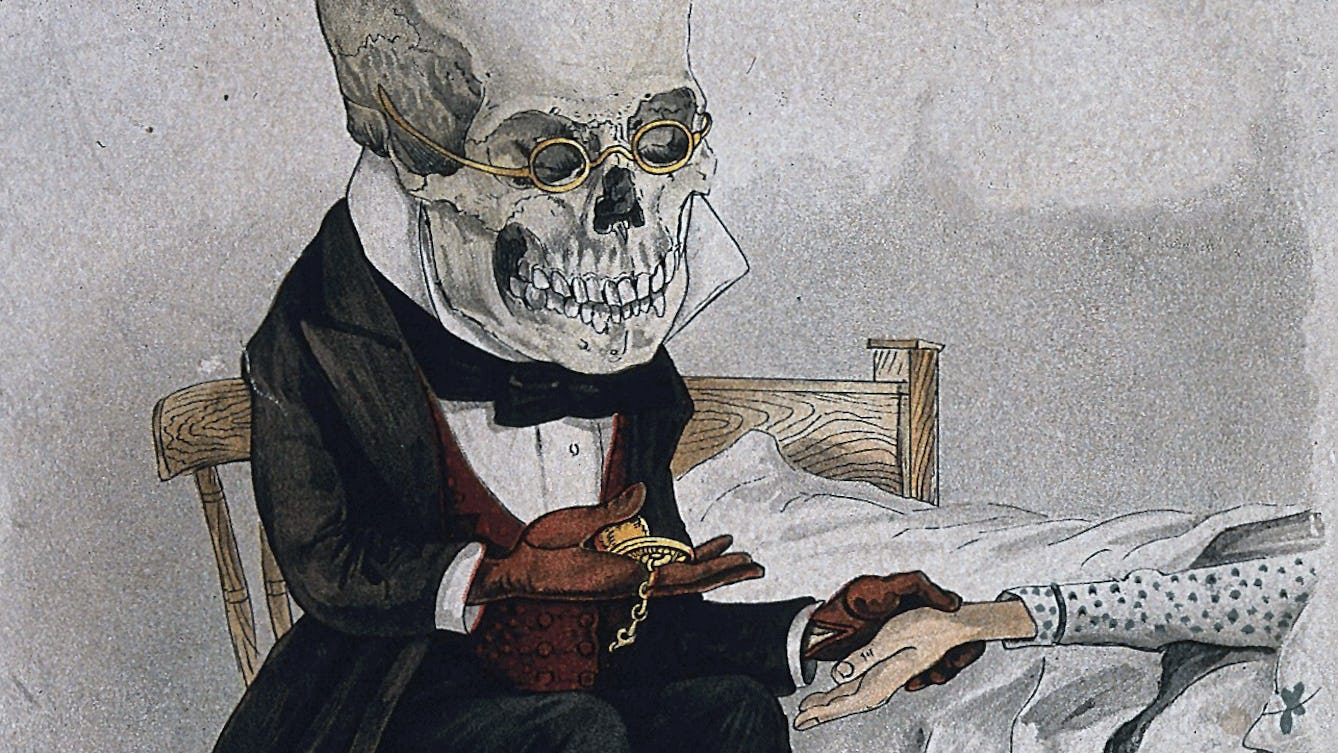
- Article
- Article
Diagnosing the past
Historical texts rarely supply enough detail for a definitive diagnosis, so medical historians need to proceed with caution.
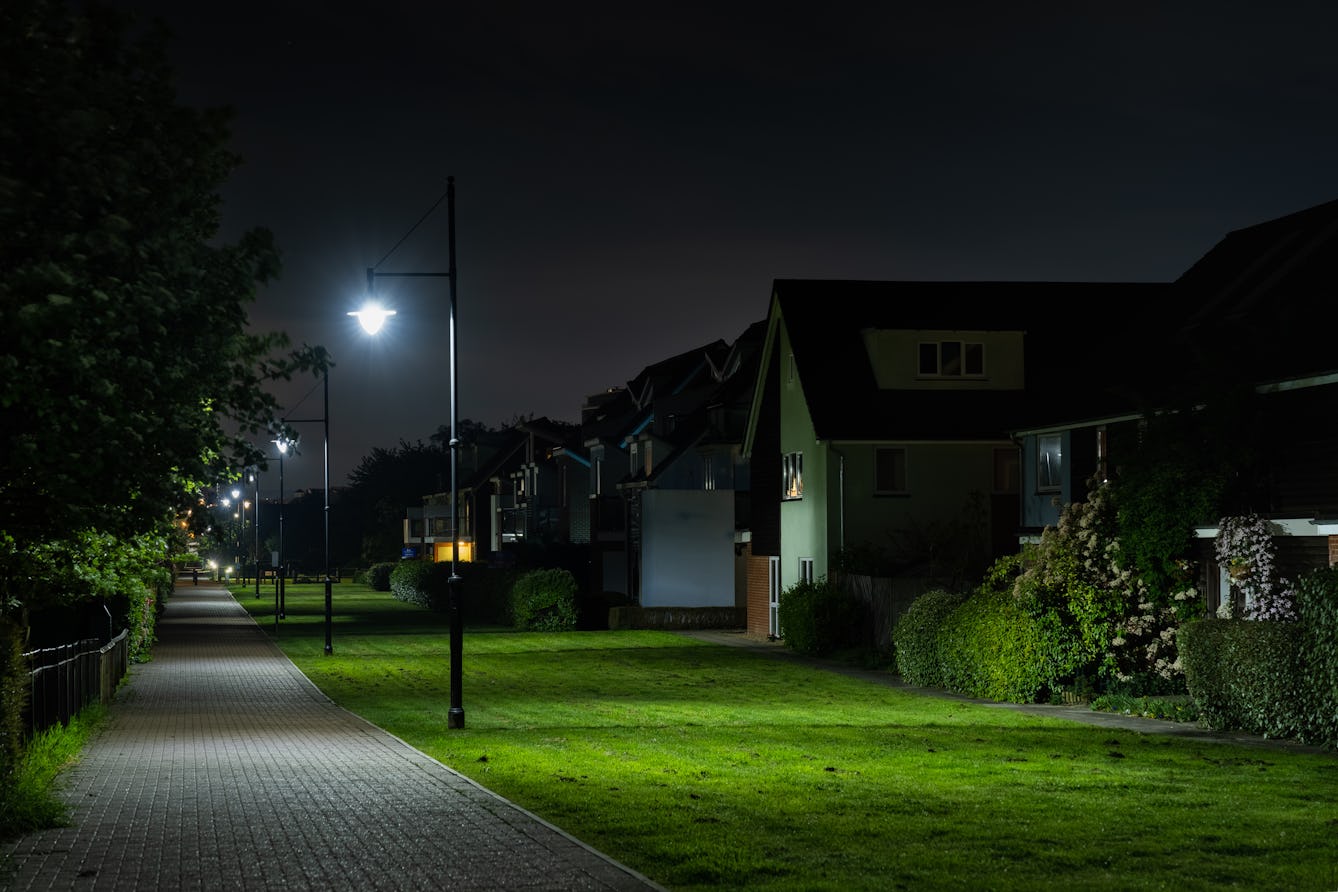
- Long read
- Long read
Our complicated love affair with light
Sunlight is essential, but our relationship with artificial light is less clear cut. It expands what’s possible; it also obscures and polices. In this long read, Lauren Collee pits light against night, and reveals the shady places in between.

- Interview
- Interview
Inside the mind of George Vasey, co-curator of Misbehaving Bodies
Discover how curator George Vasey honoured the approaches of Jo Spence and Oreet Ashery, who mischievously subvert clichés around illness and death.

- Article
- Article
Vaccinating a community, saving lives
Doctor Jane Harvey always goes the extra mile to care for her patients, and in recent months that’s extended to huge efforts to save lives with her coronavirus vaccination push.

- Article
- Article
It’s getting mighty crowded
Mid-20th-century population-density research on mice produced a whiskered apocalypse, predicted to become the fate of humans too. But perhaps a more compassionate approach could fend this off.

- Article
- Article
Drug sharing in desperate times
When Nicole was threatened with deportation, her mental health deteriorated. Now without a job, a passport or a doctor, she depends on others to send her their leftover anxiety drugs.